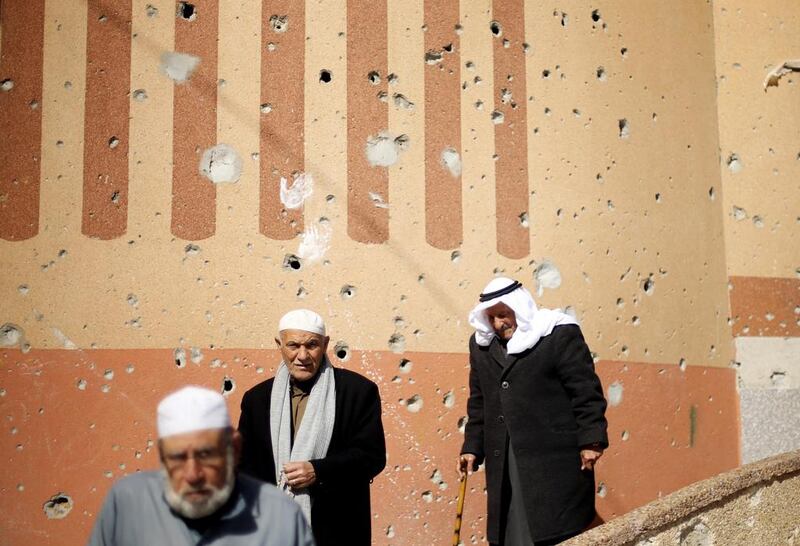“We are hated wherever we go.”
I have heard this said many times: once by a Palestinian refugee family, then years later by an Iraqi refugee family and, most recently, by Syrian refugees. It seems that whenever there is a large group of desperate people crowding communities that are already stressed, resentment grows into hate towards the “others”.
So it wasn’t really a surprise to meet a refugee child who got nervous when I asked him where he was from. He lied, saying “Lebanon” while trying to hide his Syrian accent. Besides wanting to belong somewhere, anywhere, he was worried about suffering a backlash for being a member of an unwanted group. He hesitated before asking for food because, as he told me later, he was once beaten for begging for leftovers near a restaurant.
There are hundreds of thousands asking for food and help. It is not shocking that desperate refugees from the Middle East and Africa risk their lives on boats to be smuggled into Europe.
Those who can afford it are investing in countries they had probably never even heard of before. Over the past few years, more and more nationals from conflict-torn countries like Syria, Lebanon, Iraq, Palestine, Egypt, and Pakistan have looked “West”, buying passports in the hope that this will change their lives and the lives of their families. Large numbers of Russians and Iranians have also been looking for alternative citizenship as things remain uncertain at home.
We often see advertisements for Canadian, Australian and Caribbean passports, where investments – ranging upwards from hundreds of thousands of dollars – will help one eventually gain citizenship. There are conditions attached and, as usual, there are “middle men” taking advantage of desperate people, charging extra to get things done faster, under the table.
One source told me: “Selling passports is a very lucrative business these days. The internet has allowed people from the most remote places to get in touch with these passport-offering agents and become citizens of a country they probably don’t know where to find on a map.”
A new kind of resentment is building towards these immigrants who don’t invest much emotion or time into their new home country.
A source working in this field said these people “are viewed as a group who bought their way in, and are coming just to take all the benefits and not give back”.
The reason people acquire different passports include being able to travel to many other countries without a visa, getting better jobs and better salaries, having access to better schools and living in safety. You are judged on the passport you carry. But you can’t change your birthplace or your ancestry – and this is sometimes used against immigrants.
The most recent example of how citizenship affects lives is the case of Mohamed Fahmy, one of the two Al Jazeera journalists still held in Egypt accused of collaborating with the Muslim Brotherhood. Fahmy, who also holds a Canadian passport, has renounced his Egyptian citizenship to try to secure his release by being deported as a foreign national.
History reminds us that whenever there is trouble, such as war, drought or illness, people will emigrate to places deemed safer and greener.
But those with no money will stay in conflict zones, risking death and torture by extremist monsters like ISIL, or fleeing to live in tents funded by charities. If that wasn’t bad enough, there are the tens of thousands who are born stateless in refugee camps, with no future because they have no passport to call their own.
rghazal@thenational.ae
On Twitter: @Arabianmau





